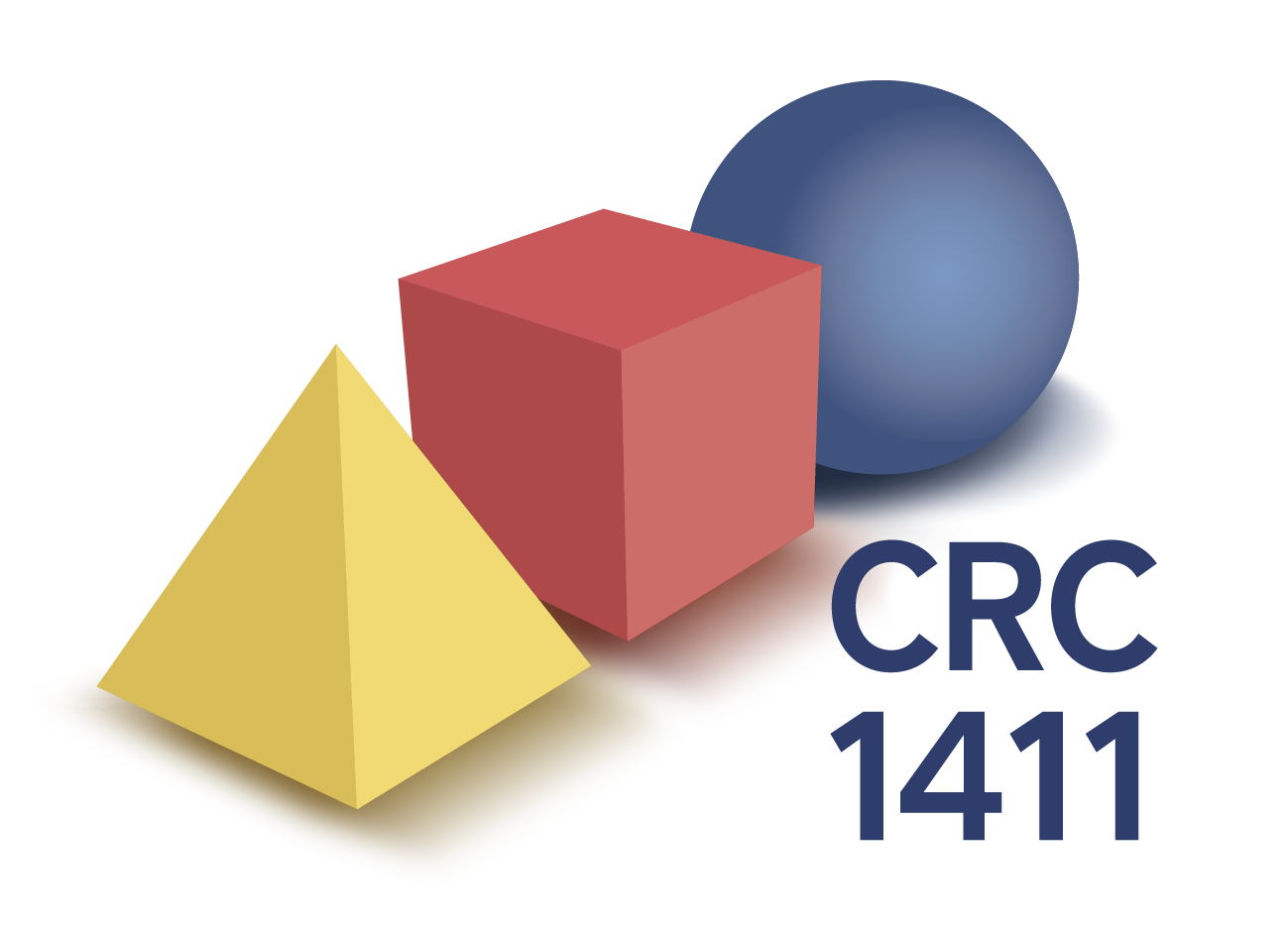International Workshop on Optics: Simulation and Optimization
Optical properties of particulate products play a crucial role in many applications. Already the composition, size and shape of nanoparticles through tailored synthesis processes allows to vary optical properties to a large extent. On top of this, the assembly of nanoparticles into structures such as layers or supraparticles can widen the accessible property range substantially.
To be able to fully exploit this, expertise in synthesis, characterization, simulation and optimization is required.
Key topics in this workshop are thus:
- simulation methods for optical properties
- characterization of individual particles and particle assemblies
- optimal design of nanoparticle products
- model based optimization techniques in this context
- the connection of nanoparticle design and synthesis
- nanoparticle applications
Experts from different research areas will discuss the status quo in these fields and newly developed methodologies.
Further Information and Registration
The agenda of the workshop can be checked below or downloaded here: PDF of the Workshop Program
If you would like to join the workshop free of charge online, please use this link to the Registration Form.
If you want to receive further information or are interested to join the workshop, please contact Nico Nees (nico.nees@fau.de).
Program and Speakers
| Sunday, 06.11.2022 | ||
| Start | Topic | |
| Arrival | ||
| 18:00 | Dinner | |
| Monday, 07.11.2022 | ||
| Start | Topic | Speaker |
| Breakfast | ||
| 09:30 | Welcome + Introduction | Wolfgang Peukert |
| Optical simulation methods (part 1) | ||
| 10:00 | Solving Maxwell’s equations with the boundary element method: A new look on an old topic | Ulrich Hohenester |
| 10:40 | Coffee Break | |
| 11:00 | Considering nonlocal effects in light scattering by nanoparticles | Thomas Wriedt |
| 11:40 | Limits of classical simulations to describe optical properties of nanoparticles | Javier Aizpurua |
| 12:30 | Lunch | |
| Applications and characterization of individual particles | ||
| 13:30 | Plasmonic pigments based on anisotropic metallodielectric particles | Robin Klupp Taylor |
| 14:10 | Synthesis of nano-alloys (targeted color design of Au/Ag particles) | Nabi Traore |
| Model based optimization (part 1) | ||
| 14:50 | Topology and Material Optimization of Optical Properties of Particulate Products by Discrete Dipole Approximation and Sequential Global Programming | Nico Nees |
| 15:30 | Coffee Break | |
| 15:50 | Solving electromagnetic inverse problems using topology optimization | Rasmus Christiansen |
| 16:30 | Particle design by the continuous stochastic gradient method | Andrian Uihlein |
| 17:10 | Final discussion | |
| 18:30 | Dinner | |
| 19:30 | Get together | |
| Tuesday, 08.11.2022 | ||
| Start | Topic | Speaker |
| Breakfast | ||
| Optical simulation methods (part 2) | ||
| 08:30 | Ray Tracing for Simulating Structural Color Motifs of Photonic Balls | Federico Tomazic |
| 09:10 | Electromagnetic modelling of complex nanostructured surfaces and application to visual appearance design | Kevin Vynck |
| 09:50 | Electron energy loss spectroscopy and cathodoluminescence in the discrete dipole approximation | Alexander Kichigin |
| 10:30 | Coffee Break | |
| Applications and characterization of particle assemblies | ||
| 10:50 | Structure formation by colloidal self-assembly | Nicolas Vogel |
| 11:30 | Structure formation in dense colloidal suspensions | Hartmut Löwen |
| 12:30 | Lunch | |
| 13:30 | Group Hiking | |
| 15:30 | Coffee | |
| 15:50 | Designed Assembly in Two Dimensional Colloidal Materials | Martin Buzza |
| 16:30 | Simulating soft particle structures in the augmented ensemble | Simone Ciarella |
| Characterization and/for optical simulations | ||
| 17:10 | Investigating the colors of the sunset: Combination of optical modelling and hydrodynamic characterization for multidimensional particle property characterization | Johannes Walter |
| 17:50 | Electron and X-ray nanotomography of optically active particulate and porous materials | Benjamin Apeleo-Zubiri |
| 18:30 | Discussions | |
| 19:00 | Barbecue | |
| Wednesday, 09.11.2022 | ||
| Start | Topic | Speaker |
| Breakfast | ||
| Optical simulation methods (part 3) | ||
| 09:00 | Modeling and simulation of the electric control of quantum dot photodiodes | Jens Förstner |
| 09:40 | T-matrix based techniques to describe photonic materials and metamaterials | Carsten Rockstuhl |
| 10:20 | Coffee Break | |
| 10:40 | Higher Harmonic Generation in Quantum Dots | Ulf Peschel |
| 11:20 | Capabilities of the ADDA code for nanophotonics | Maxim A. Yurkin |
| 12:30 | Lunch | |
| Model based optimization (part 2) | ||
| 13:50 | First order approximation and Ewald sphere construction for photonic glass optimization | Alexander Petrov |
| 14:30 | On the optimization of process-property functions for particulate products | Lukas Pflug/Michael Stingl |
| 15:20 | Final discussions / Closing remarks | Michael Stingl |
| 16:00 | Coffee / Early Departure | |
| 16:00 | Discussions / Collaborations | |
| 18:30 | Dinner | |
| Thursday, 10.11.2022 | ||
| Start | Topic | |
| Breakfast | ||
| 09:00 | Departure | |

